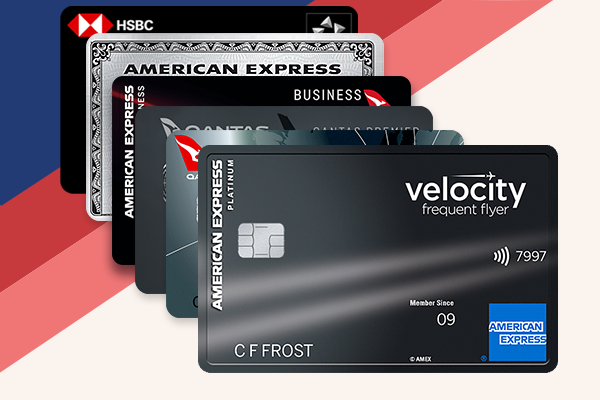Virgin to remove fuel surcharges; puts pressure on Qantas to follow suit
Virgin Australia will remove fuel surcharges on flights to the US and reduce fares on the trans-Pacific route by up to $50, in a move that will put pressure on rivals Qantas and Emirates to slash their own fuel fees.After months of criticism from consumer groups about airlines refusing to cut fuel surcharges despite a halving in oil prices since October, Virgin on Wednesday announced that it would restructure its fares for flights to the US, which would result in it incorporating fuel costs into the base fare.
Virgin previously increased fuel surcharges on flights to the US in August last year. It is the only route on which it imposes the fee.
As part of the changes, Virgin said it would reduce the overall cost of an economy and premium economy return ticket to the US by $40 from Friday. Business class fares will fall by $50.
The airline said the cuts were based on it anticipating that fuel costs would continue to remain at low levels.Virgin had previously charged $680 for fuel on a return flight between Australia and Los Angeles.
"These reductions reflect the benefits of the decline in global oil prices along with the negative impact of the depreciating Australian dollar," Virgin said.
The surcharges are mostly an expensive irritant for Qantas frequent flyer holders because they cannot use their points to pay for the surcharge. Unlike Qantas, Virgin has allowed passengers to use frequent-flyer points to pay for the fuel fee.
Travel agents have also long complained about the surcharges, because they often don't earn a commission on the surcharge component of the total fare.
Analysts have said that a move by any of the airlines to reduce surcharges would put pressure on others to follow suit.
The Australian Competition and Consumer Commission has also set up a team to investigate passenger surcharges.
The regulator has said it is trying to determine whether the airlines have engaged in deceptive and misleading conduct, and expected the results to be known within several months.
Oil prices have slumped almost 60 per cent since June. Last week they hit their lowest level in almost six years.
Hong Kong regulators have cut substantially the fuel fees airlines can charge in response to the drop in oil prices. Unlike the Chinese territory, fuel fees are not regulated here, allowing airlines to determine what they will slug passengers.
The surcharges Qantas is able to impose on long-haul flights from the Chinese territory have fallen 38 per cent to $HK566 ($89) since January last year.
Qantas last raised fuel surcharges in July, the second time since the start of 2014.
Last year, Qantas aligned its surcharges with alliance partner Emirates by charging fuel fees depending on the class of seat, instead of its previous policy of a flat charge for all passengers.
It resulted in Qantas charging a fuel fee of $340 for a one-way economy and premium economy ticket to the US, and $390 for business class.
On flights to Britain and Europe, it charges $285 for economy class, $385 for premium economy and $540 for first and business class.
The surcharges are mostly an expensive irritant for Qantas' frequent flyer members beause they cannot use their loyalty points to pay for the extra fees.
Japan Airlines will also reduce fuel surcharges on all international fares from February 1. Qatar Airways recently said it will cut surcharges but has not said by how much or when.
However, Singapore Airlines and its regional offshoot, SilkAir, have not budged on their surcharges.
Read more: Virgin to remove fuel surcharges; puts pressure on Qantas to follow suit
















